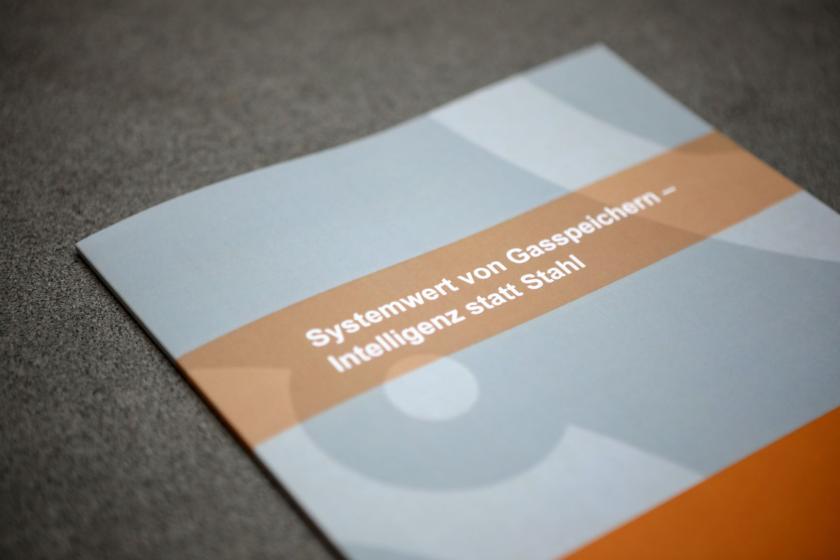
25.02.2019
Each year, the energy system in Germany using gas storage saves about 2.2 billion euros compared to a gas supply which relies exclusively on gas imports and network expansion. This is the conclusion of the study "System Value of Gas Storage - Intelligence instead of Steel".
Within the framework of the study, the consulting company Enervis analyzed two scenarios on behalf of INES: On the one hand, Germany is supplied with gas networks and gas storage facilities in accordance with the current infrastructure. The second scenario describes a gas supply without German gas storage – in this situation Germany depends on flexible gas imports.
The investigation shows that despite the usage of other European gas storage facilities and increased imports from abroad, the Germany’s gas supply cannot be ensured: Almost one third of German gas demand would be left uninsured on individual days. Mitigating this shortage would require an extensive network expansion which would lead to an overspending of at least € 1.4 billion a year. This would entail additional costs for more flexible gas production combined with more complex transport routes. As a result, system costs would even increase by 2.2 billion euros per year.
On cold winter days, gas sales in Germany are covered up to 60 percent from gas storage. Gas storage facilities are close to consumption centers and contribute to the efficient use of the gas infrastructure. Gas is stored in storage facilities in the low-consumption months and thereby the transport networks in times of peak winter consumption are relieved. "The study confirms the immense system value of German gas storage. However, the current regulatory framework only insufficiently appreciates this value, " says Bernd Protze, Director of the INES Board.
Thus, the current regulation counteracts the advantage of storage flexibility as it exclusively sets incentives for network expansion. "Considering the system value of gas storage would make the gas system more efficient," says Sebastian Bleschke, CEO of INES. "An integrated view of gas networks and gas storage could generate significant cost advantages for the consumers and contribute to the security of supply."